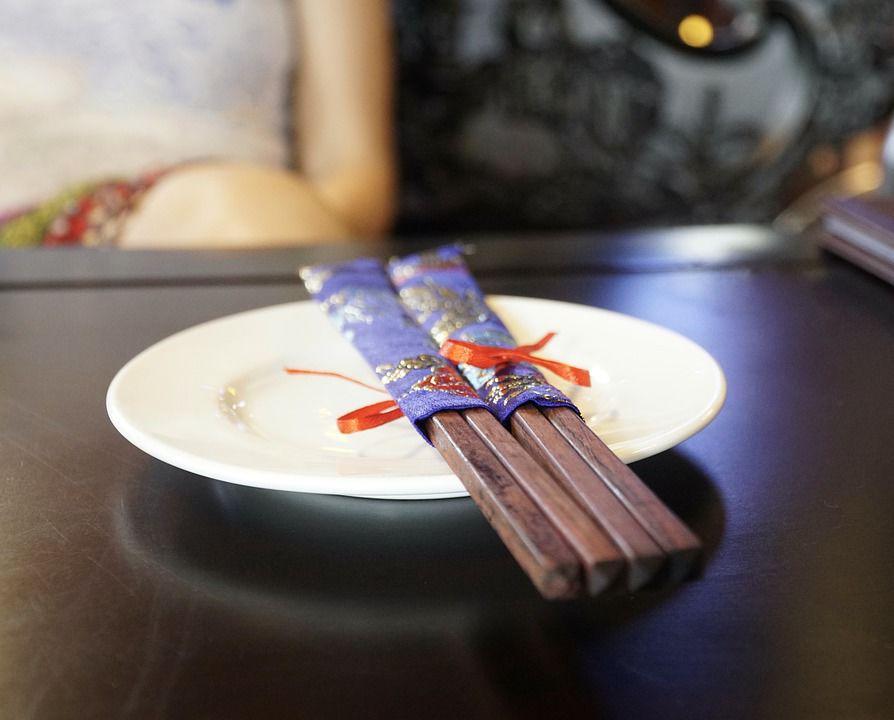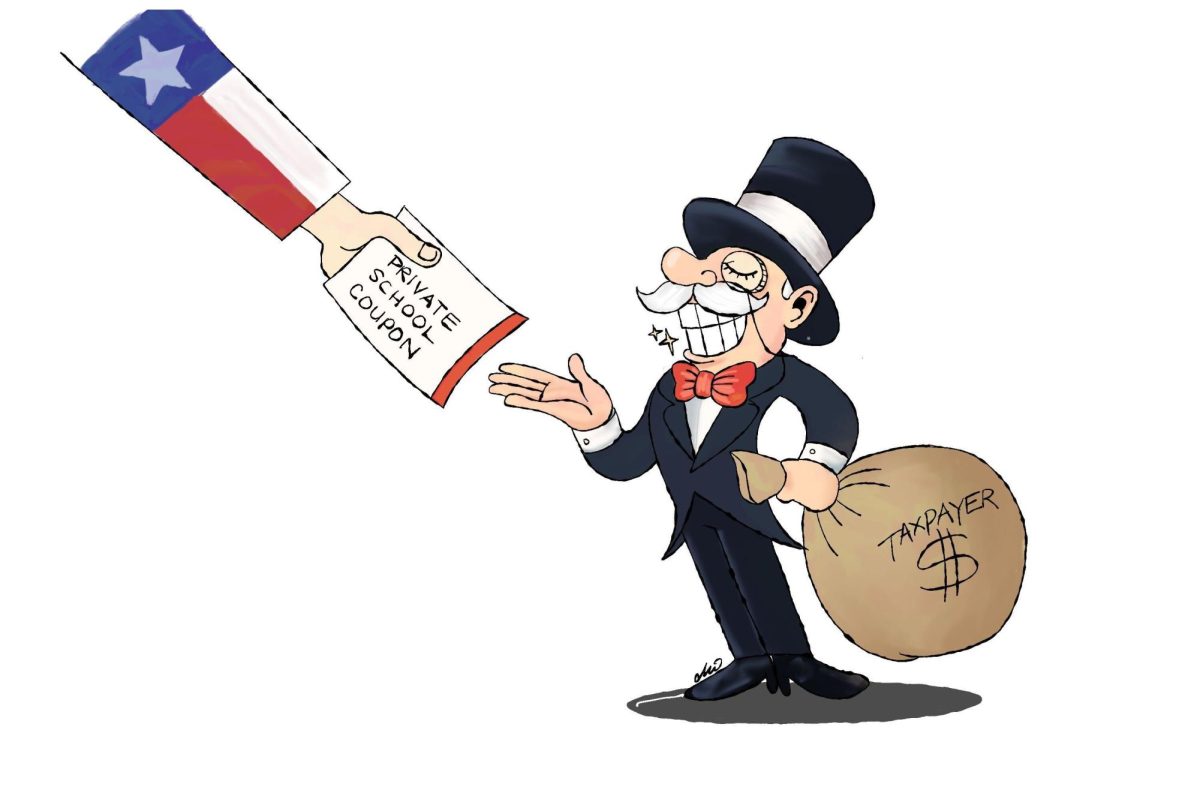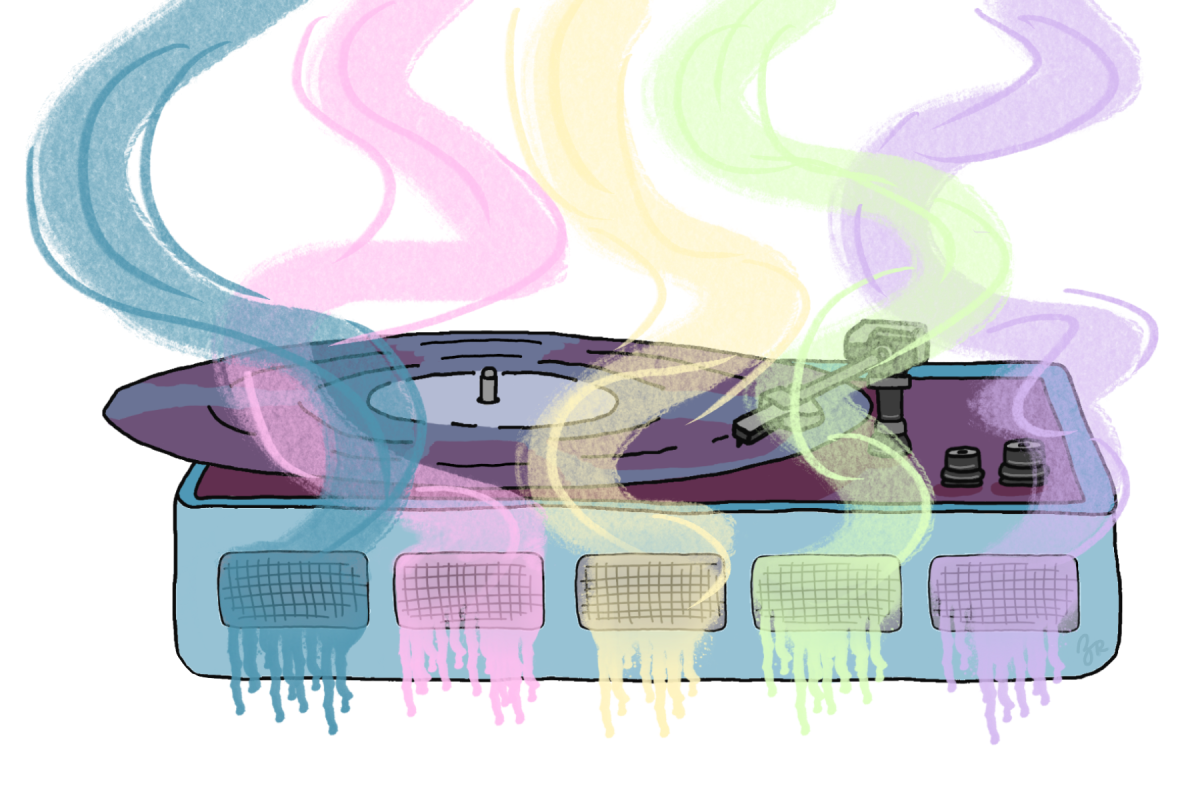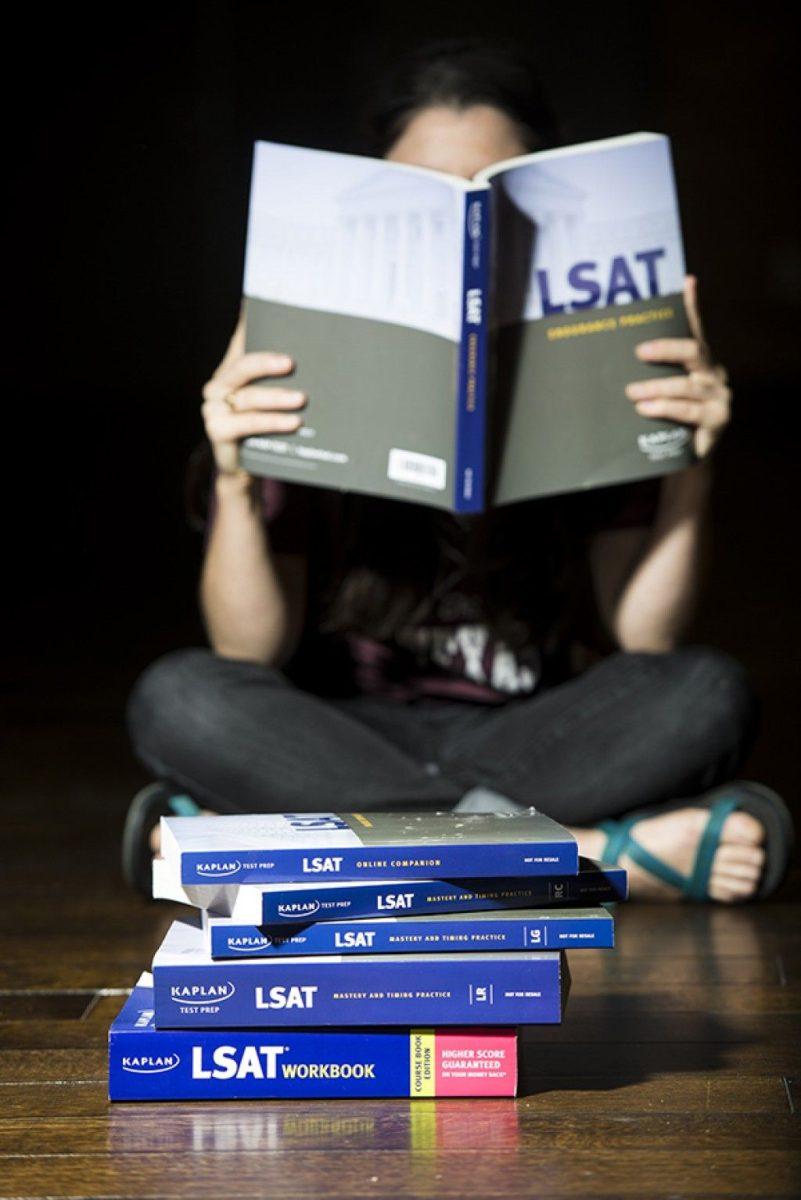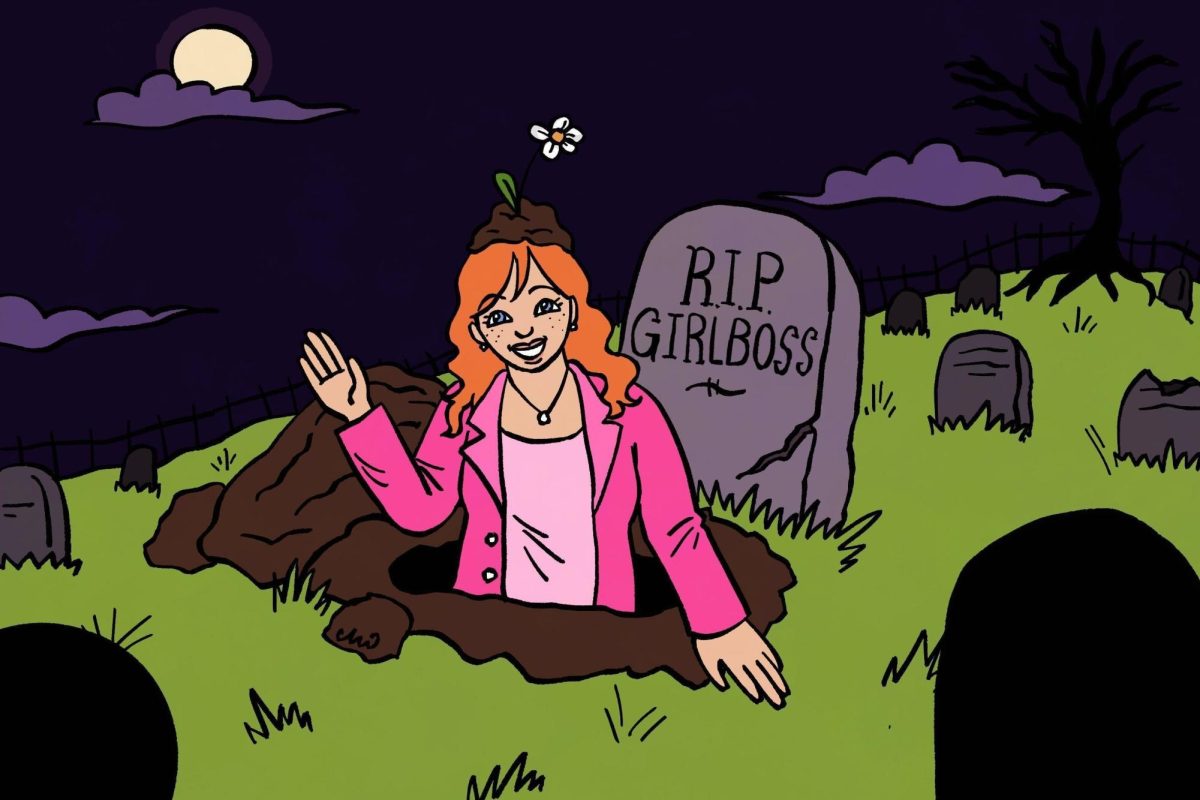At the forefront of everyone’s mind right now is the panic surrounding COVID-19. Aggies have had our own scare with a possible case of infection of a student on Mar. 17 that was later confirmed positive. And now, with A&M switching to all online classes as a preventative measure, it seems our fears have reached a fever pitch.
Coinciding with all this worry has been the usual finger-pointing we’re prone to in times of crisis. Today, the finger of the American public perception points right at China and unjustly at Chinese-Americans or even those of Asian descent in general. It’s essential in times of stress to not succumb to these irrational biases. As viewers, consumers and human beings, in general, we all need to be able to stay calm and look at media and public hysteria through a clear lens.
Where I live in DFW, some Asian-owned businesses have had to cut costs due to a reduction in customers. According to Dallas Chinese Times, “discrimination is worse than the epidemic.” Many people are being avoided or accosted on the street due to fears or paranoia surrounding the virus. Even here in College Station, the impacts of these biases are plain to see. I’ve seen at my job at Tower Point that locations like Chef Cao’s and Kamei Sushi and Grill, which before had constantly packed parking lots, are now desolate. For Asian-American business owners and employees, an inability to bring in customers due to fears over the coronavirus could have major implications on them being able to support themselves and even continue operating in the future.
In recent history, we’ve seen a rise in the disdain for China and its people, sometimes referred to as Sinophobia. From my day-to-day encounters, watching public officials on the news and using social media, it’s apparent that Sinophobia is on the rise. China and the United States have had a tense relationship for decades. But we’ve seen a spike precisely due to issues such as the recent “trade war” between the U.S. and China and their rise to challenge the United States as the next modern superpower. China today fills the gap as the U.S.’s foil in our media narrative, like the USSR did until its collapse.
We can see this fact in the abundance of conspiracy theories, blatantly offensive depictions of stereotypes and general misinformation surrounding China and its role in being the origin-place of COVID-19. For example, Arkansas Senator Tom Cotton suggested a popular conspiracy theory that the virus is a biochemical weapon. The World Health Organization’s director has written a warning against the harm caused by “trolls and conspiracy theories,” recently dubbed an “infodemic.” Donald Trump referring to COVID-19 as a “Chinese virus” after weeks of dismissing it as media hype is no mistake either. People of Asian descent who are now unfairly associated with COVID-19 have seen a spike of abuse and intolerance since the beginning of the crisis.
To begin to rectify this situation, public officials need to continue to denounce the idea that Asians have any more to do with COVID-19 then any other group in particular. As long as the idea of the “Chinese or Wuhan coronavirus” people will unjustly be targeted and suffer. Politicians and other figures in the public eye need to be held to a higher standard. The attitude of blame first and ask questions later and blatant fear-mongering that some of them have resorted to should not be tolerated.
As individuals we need to call on others to do better and hold them to these standards, whether they’re in the public eye or not. Calling out those who make statements that lead to more ignorance and fear, setting the record straight and standing in solidarity with Asians, Asian-workers and their businesses are all critical steps right now. These actions are necessary to stem the tide of scape-goatism and racism that can lead to long lasting trauma and damage to these individuals and communities.
Even though the worst possible outcome is often not the most likely, it’s crucial to be able to step back and not fall into this pit of fear and paranoia. The rising tensions and xenophobia seen over the past few months is a perfect example of how the public narrative can create a harmful and unfair narrative based on sensationalism and people’s prejudices.
Coronavirus and racial tension
March 19, 2020
Photo by Creative Commons
Chopsticks
0
Donate to The Battalion
$1915
$5000
Contributed
Our Goal
Your donation will support the student journalists of Texas A&M University - College Station. Your contribution will allow us to purchase equipment and cover our annual website hosting costs, in addition to paying freelance staffers for their work, travel costs for coverage and more!




